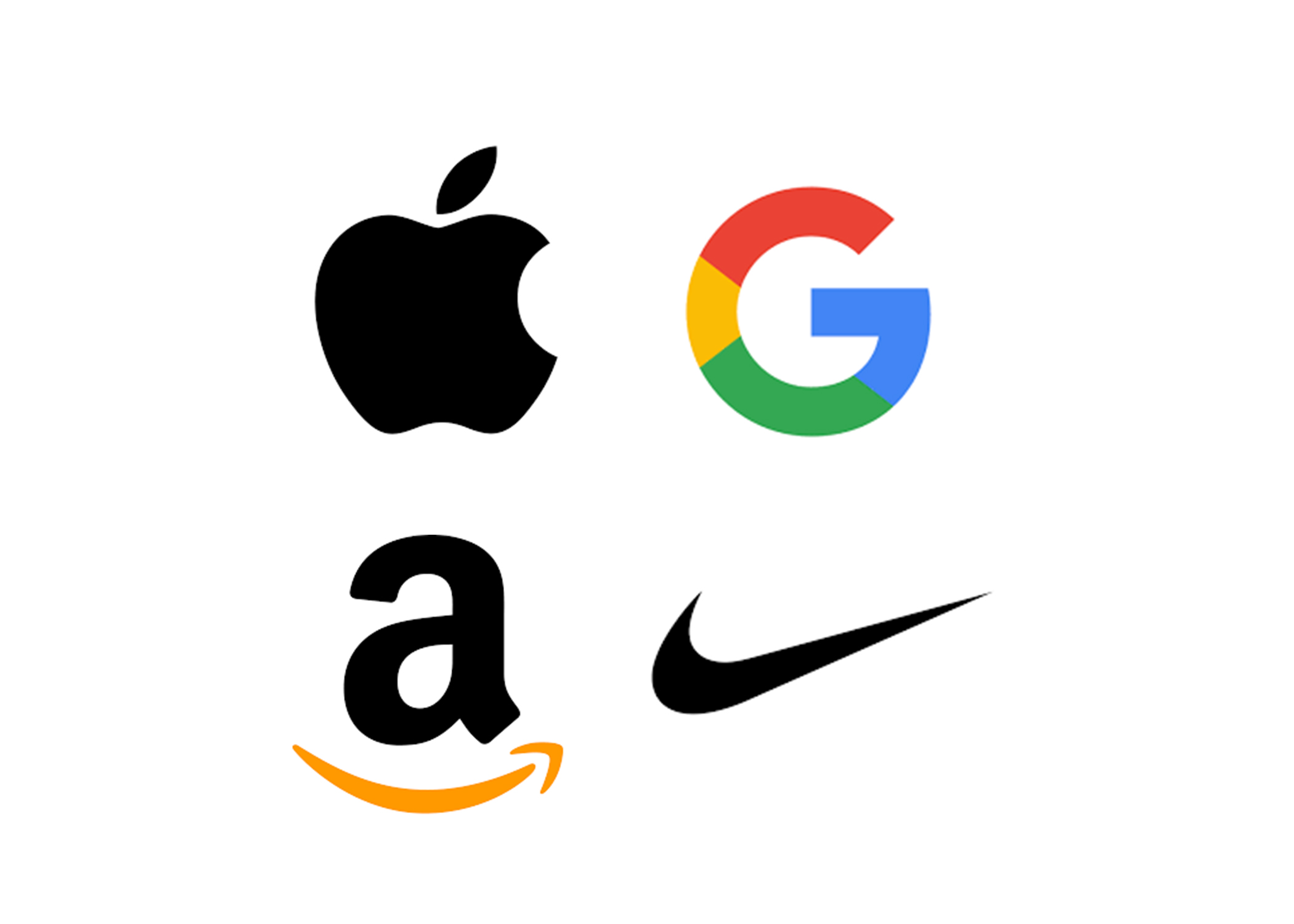By Rocco Garcia
TikTok is one of the most popular social media platforms, with over three billion active users. TikTok is a social media app that allows users to create short videos to express oneself through singing, dancing, comedy, lip-syncing, or promoting businesses, and more. Once the app is installed, a user must accept and read the TikTok terms of services that, like any other social media platform, list all the rules and community guidelines one must follow. Despite the theoretical need to read the terms of service, it is shown that TikTok extracts personal data from the cellular phone.
Personal Identifiable Information (PII) identifies an individual to whom the information may apply, like IP address, wallet information, and phone number. TikTok terms of services store the PII in a “vault” that is supposed to be pertinent to only TikTok. Information includes the device used to access the platform, user region, IP address, time zone setting, mobile carrier (T-Mobile, AT&T, etc.), device model, network type, app and file names and types, battery percentage, and keystroke patterns. Brody Murchison, a junior at Ponte Vedra High School remarked, “I had no idea how much info was being sucked in just by accepting the terms of services.” TikTok uses PII for reasons like sharing videos to peers, consuming data for targeted advertising, sharing to other social media platforms, and connectivity to internet or cellular data.
“I assume TikTok uses my information to get information on what advertisements to give me and to sell to other organizations. I am aware they take a lot of data from me and users assume it goes to bad things.”
Roshan Patel
According to Time.com, the Biden Administration threatened a nationwide ban on TikTok unless the Chinese owner would sell the company. The extreme exponential growth of the app has sparked questions about the safety and security of TikTok users. Jack Hughes, a sophomore at PVHS stated, “I am concerned over what information the Chinese Communist Party (CCP) has on my phone. Hopefully not anything that important like recently deleted photos and my IP address, but I’m sure the CCP is up to something with all the information that they ask for with the terms of services.” Federal officials and security experts have concerns about the Chinese Communist Party having access to data that the company collects on other countries like the U.S.
Once an account is formed, TikTok, by default, asks for an email, phone number, and password during the registration process. TikTok can access an individual’s location using GPS, IP address, or Wi-Fi to use features like geotagged content and targeted advertising. Roshan Patel, a junior at PVHS states that, “I assume TikTok uses my information to get information on what advertisements to give me and to sell to other organizations. I am aware they take a lot of data from me and users assume it goes to bad things.” In addition, TikTok collects information about how an individual uses the app by monitoring the videos one watches, the content engaged with, and interactions with fellow users. Finally, TikTok can access videos, photos, and other content created and uploaded to the platform and stored in the servers.
At PVHS, 100 students were surveryed on whether or not a student has TikTok. 84 had TikTok, while the other 16 didn’t have TikTok. The 16 students do not have TikTok prefer using alternative social media apps like Snapchat Spotlight, Instagram Reels, or YouTube Shorts. Another question was whether a student acknowledges what data TikTok can access on one’s phone. 64 students knew what information TikTok has access to, while the other 36 didn’t know. But, some students who still use TikTok know what TikTok has access to.
When new to any app, including social media, there is much to be cautious about regarding privacy. One should be advised what TikTok is asking for when an individual accepts the terms of services. Users of TikTok are aware of what data is being taken, but as majority do not seem to care. Users prefer the amusement TikTok brings rather the actual dangers that TikTok brings.





